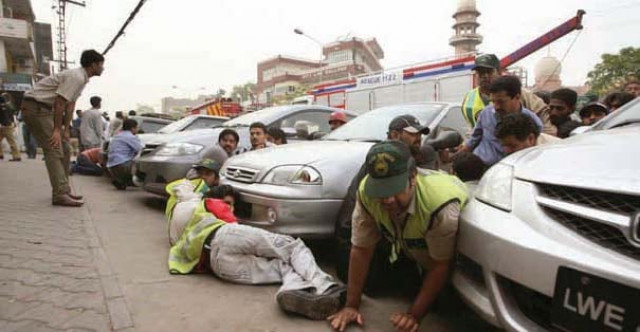One year after attack on Ahmadis
Dozens are killed each year in attacks based on belief. In 2010, this number stood at 99.

In the current environment, it is more than likely that this will happen. Ahmadis in our society have been pushed to the very sidelines, and little has been done to protect them from ferocious clerics who dub them as infidels or worse on the basis of their beliefs. As a result of this the four million or so Ahmadis in the country continue to feel threatened and insecure. Dozens are killed each year in attacks based on belief. In 2010, this number stood at 99. They are also persecuted by other means. For instance, discrimination against Ahmadis in matters of employment or even admission to schools is no longer uncommon. In some communities, they have been declared outcasts, banished from marriage functions or other events.
There is only one way to change this. In the first place an example must be set by drawing the Ahmadis back into the mainstream of the population. This can best be done by removing from the statute books the specific laws that give them a diminished status. As part of the same process, it is also vital that those behind the attacks in Lahore be tracked down and brought to book. This is the only way to ensure that an example is set which prevents others from adopting a similar course of action and offers a community that has remained under siege almost since the creation of Pakistan some measure of safety.
Published in The Express Tribune, May 29th, 2011.



















COMMENTS
Comments are moderated and generally will be posted if they are on-topic and not abusive.
For more information, please see our Comments FAQ